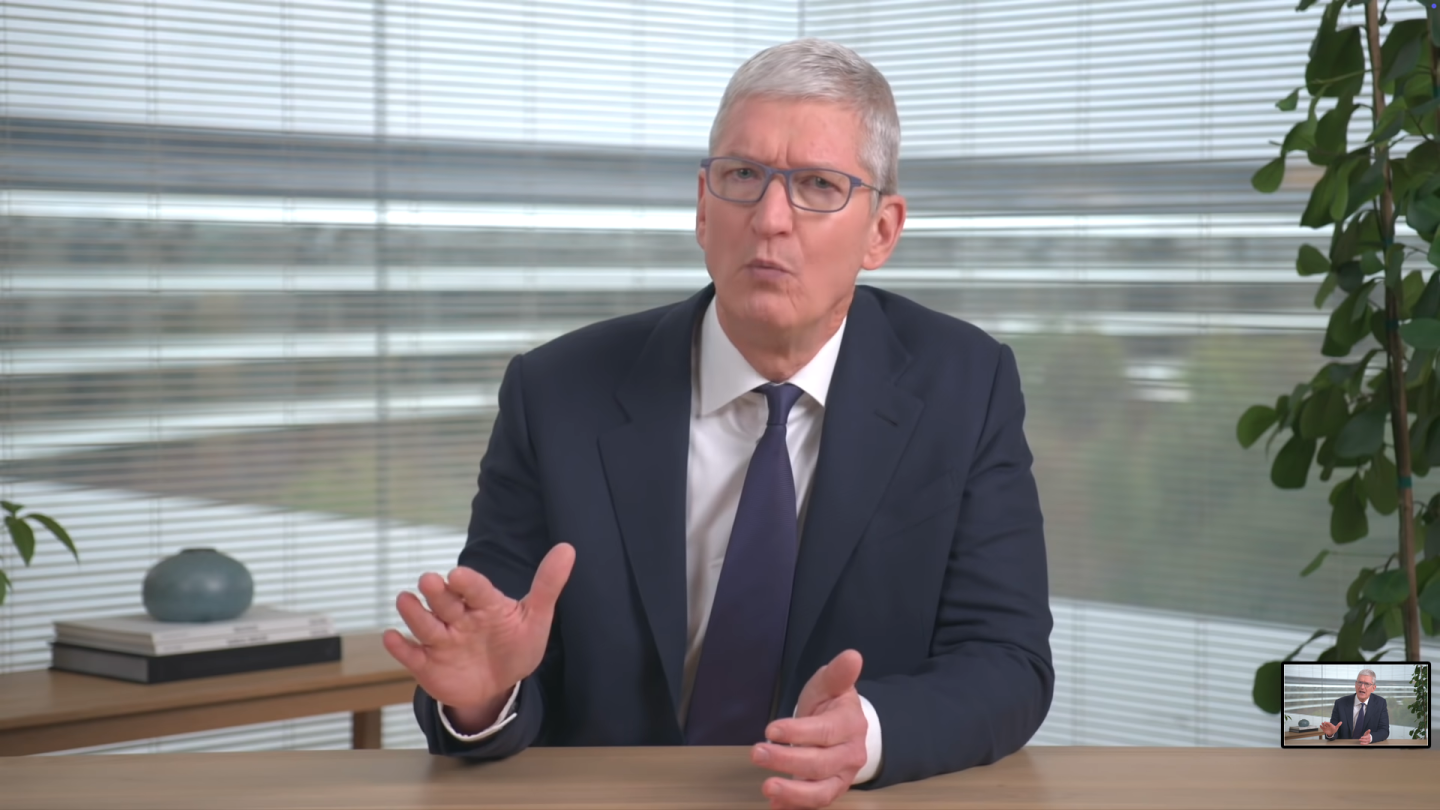Apple’s Calculated AI Approach: Slow and Steady Wins the Race?
Apple, unlike its tech rivals, is taking a measured approach to integrating artificial intelligence into its products, prioritizing quality over speed. While competitors rush to deploy AI features, often with inconsistencies and bugs, Apple is reportedly focusing on a polished, user-centric AI experience, slated for release in 2025 or 2026.
Is Apple Falling Behind in the AI Race?
While some see Apple’s deliberate pace as a setback, the company’s history suggests a preference for meticulous development. Instead of releasing rushed AI tools riddled with errors, Apple appears content to wait until its AI capabilities are robust and reliable. This strategy contrasts sharply with companies like Microsoft, OpenAI, and Google, which have deployed AI features more widely, often at the expense of optimal functionality and user experience. Early AI assistants frequently struggle with accuracy, consistency, and practical applications. Apple’s approach could resonate with users who are tiring of AI that overpromises and underdelivers.
A Bet on Long-Term Success
This measured rollout isn’t a sign of hesitation. Apple is heavily investing in AI research and development, as evidenced by recent corporate announcements. CEO Tim Cook, in a rare all-hands meeting, reiterated the company’s commitment to becoming a dominant force in the AI landscape, highlighting the transformative potential of the technology and emphasizing Apple’s unique position to deliver a quality product. Apple’s previous success in introducing innovative technologies, such as the iPhone and iPad, suggests the company has a history of refining and perfecting new concepts after initial market introduction.
Siri’s Evolution and AI-Powered Search:
A significant focus is the future of Siri. Apple is reportedly rebuilding Siri from the ground up, abandoning the initial strategy of merging old and new AI versions. The new system promises a significant leap forward in Siri’s functionalities based on a fully re-architected large language model. Apple’s AI efforts extend beyond Siri. A new, dedicated team is developing a search engine that emulates ChatGPT’s direct answer functionality, representing a significant shift in how users interact with information.
Investment and Expansion:
Apple is rapidly expanding its AI workforce and infrastructure. The company’s significant hiring in recent years, with a sizable portion focused on AI development, suggests a substantial commitment. Apple is also building new AI-optimized hardware, including advanced server chips (like “Baltra”), and is expanding its data centers to support future AI projects, including the dedicated AI server farm planned for Houston.
A Multi-Faceted Strategy:
Apple’s AI strategy is not limited to just software. It is clearly focused on transforming not only software but also potentially its approach to retail expansion, with new stores planned in key emerging markets, including India and the UAE. The company is also leveraging its established online presence to maximize market reach. This multi-faceted strategy signals a concerted effort to capitalize on global opportunities.
Looking Ahead:
Rumors suggest that Apple is working on several new hardware innovations, potentially including a foldable iPhone, new smart glasses, and updated home devices. While details remain scarce, Apple’s CEO’s enthusiastic pronouncements suggest a highly confident outlook for the company’s future.
Keywords: Apple, AI, Artificial Intelligence, Siri, AI Development, AI assistant, Apple Intelligence, Tim Cook, AI investment, AI strategy, AI-powered search
Meta Description: Apple’s cautious AI approach contrasts with the fast-paced strategies of competitors. Learn how Apple is strategically investing in AI, focusing on quality and user experience, and building a robust system for the future, with a specific focus on Siri and a new, ChatGPT-like search engine.

